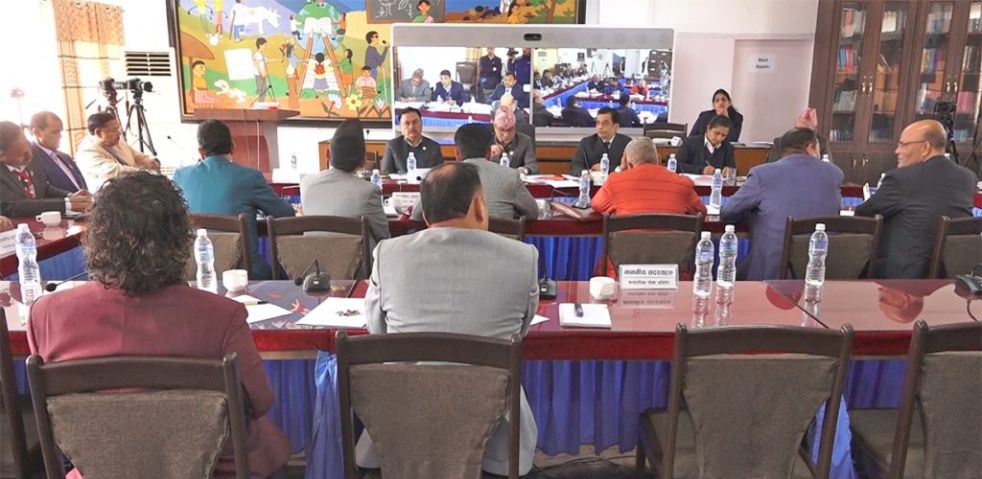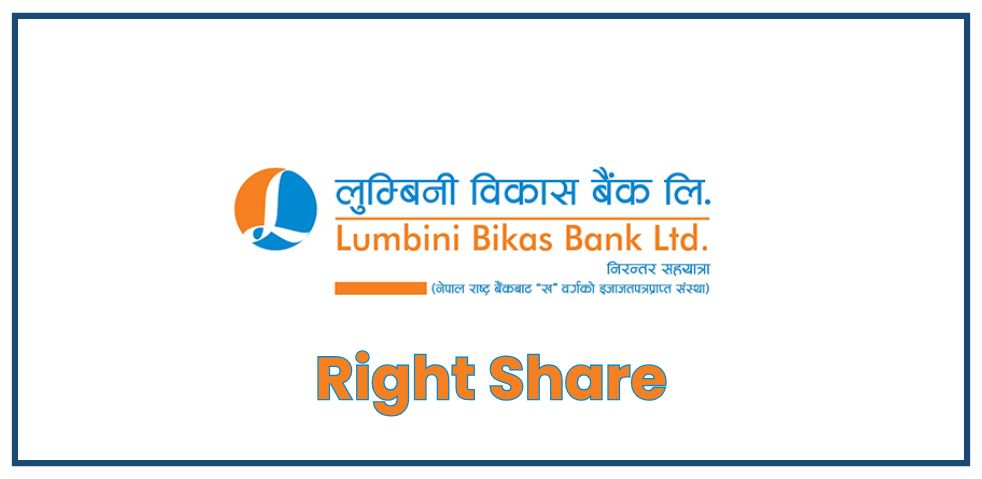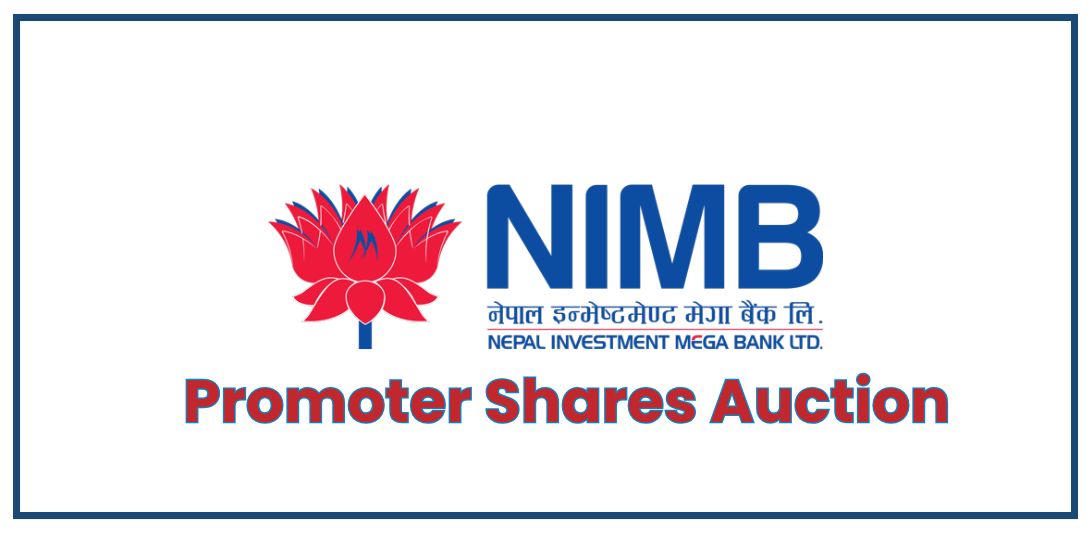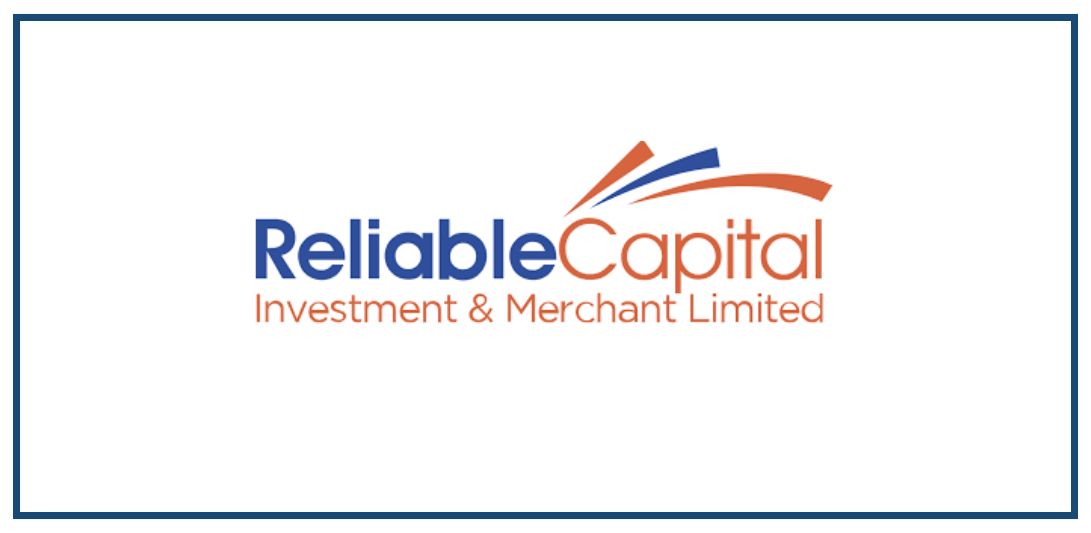The Public Accounts Committee of Nepal’s Parliament has directed the Nepal Securities Board (SEBON) to stop approving Initial Public Offerings (IPOs) for companies with a per-share net worth below NPR 90. The decision, issued on Poush 12, 2080 (December 26, 2023), has sparked debate over regulatory jurisdiction and its impact on Nepal’s capital market.
Why the Controversy?
- No Existing Legal Basis
- Nepal’s Securities Registration and Issuance Regulations do not set a minimum net worth requirement for IPOs.
- Despite this, SEBON has halted approvals for companies below the NPR 90 threshold, citing the committee’s directive.
- “We cannot ignore parliamentary instructions,” a SEBON official stated.
- Questions Over Committee’s Role
- The Public Accounts Committee’s mandate focuses on auditing public funds and addressing irregularities flagged by the Auditor General.
- Critics argue the committee is overstepping by intervening in technical IPO processes, which fall under SEBON’s authority.
- Controversial Subcommittee Members
- A subcommittee formed to investigate IPO-related complaints includes Gokul Baskota (who resigned as Communications Minister in 2020 over a bribery scandal) and Amaresh Kumar Singh (known for controversial statements).
- Analysts question the credibility of their involvement in complex financial matters.
Impact on Businesses
- Energy Sector Hit Hard: Hydropower companies warn the directive blocks domestic investment and delays projects.
- “Legal issues will arise if IPOs are denied to low-net-worth firms,” said Ganesh Karki, President of the Independent Power Producers’ Association (IPPAN).
- Stalled Capital Raising: Companies like Reliance Spinning Mills and Annapurna Cable Car face delays in fundraising, increasing project costs.
Broader Market Risks
- Weak Companies Entering the Market
- Experts highlight cases of loss-making firms with heavy debt launching IPOs to offload shares to the public.
- Example: Founders of struggling companies in media, hotels, and commercial buildings are allegedly seeking quick profits by selling shares.
- Lack of Clear IPO Criteria
- “SEBON, not the committee, should set criteria for IPOs,” emphasized Dr. Gopal Bhatta, a capital market expert.
- Current rules lack guidelines on profitability, debt levels, or the use of funds, enabling unethical practices.
SEBON’s Response
- New Regulations in Progress: SEBON is revising IPO rules to block financially unstable companies.
- “Bad companies won’t enter the market once new regulations are finalized,” a SEBON source revealed.
- Net Worth as a Criterion: The updated rules may include the NPR 90 net worth threshold, aligning with the committee’s directive.
Key Concerns Moving Forward
- Jurisdictional Conflict
- The committee’s intervention risks undermining SEBON’s regulatory autonomy.
- “Setting a specific net worth number isn’t the committee’s role,” a SEBON official argued.
- Investor Protection
- Analysts urge SEBON to prioritize transparency and long-term investor safeguards over arbitrary net worth limits.
Conclusion
While the Public Accounts Committee aims to curb market manipulation, its approach raises questions about overreach and a lack of expertise. For Nepal’s capital market to thrive, SEBON must establish clear, legally sound IPO criteria and regain public trust. Investors and businesses alike await the new regulations, hoping for a balance between growth and accountability.





